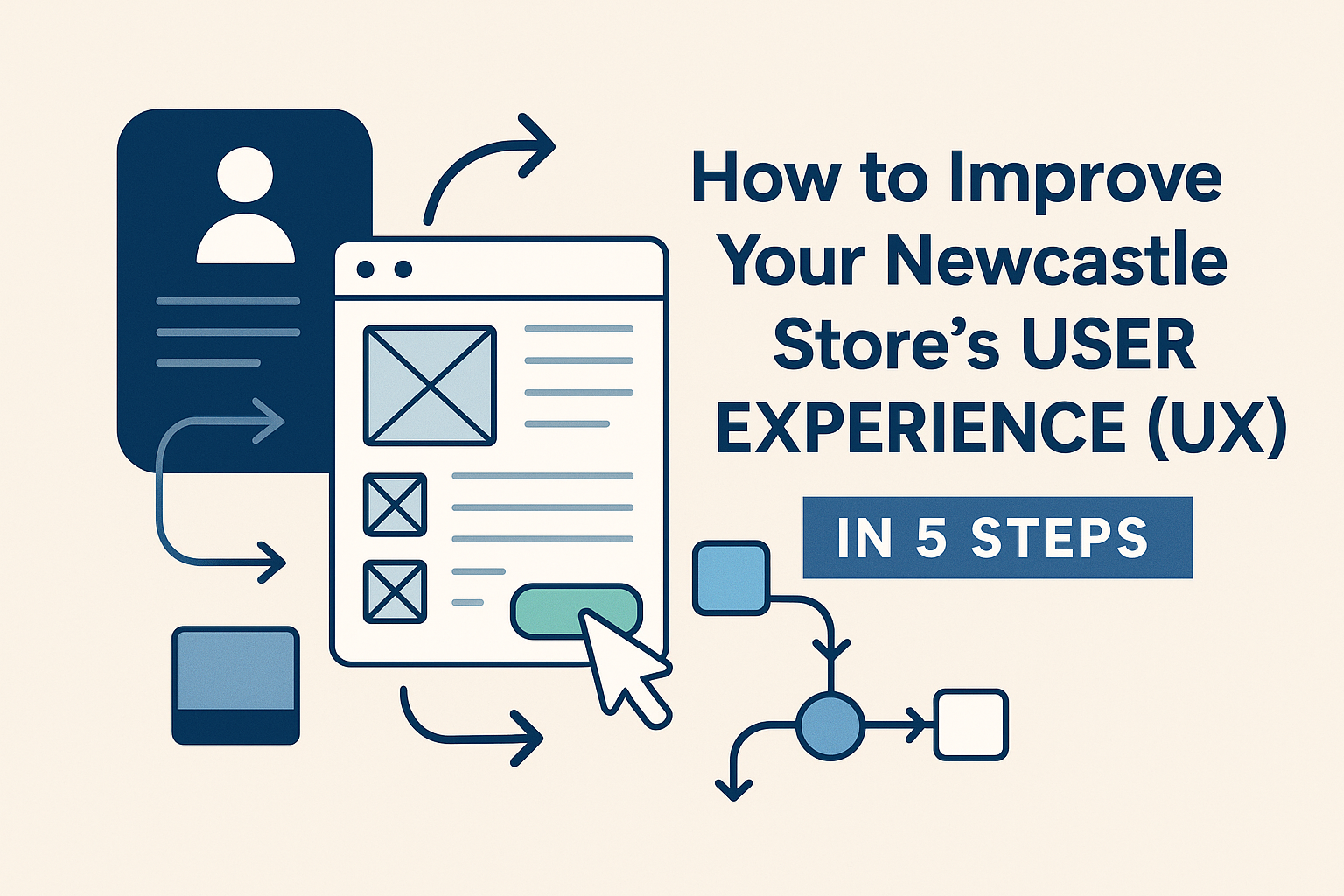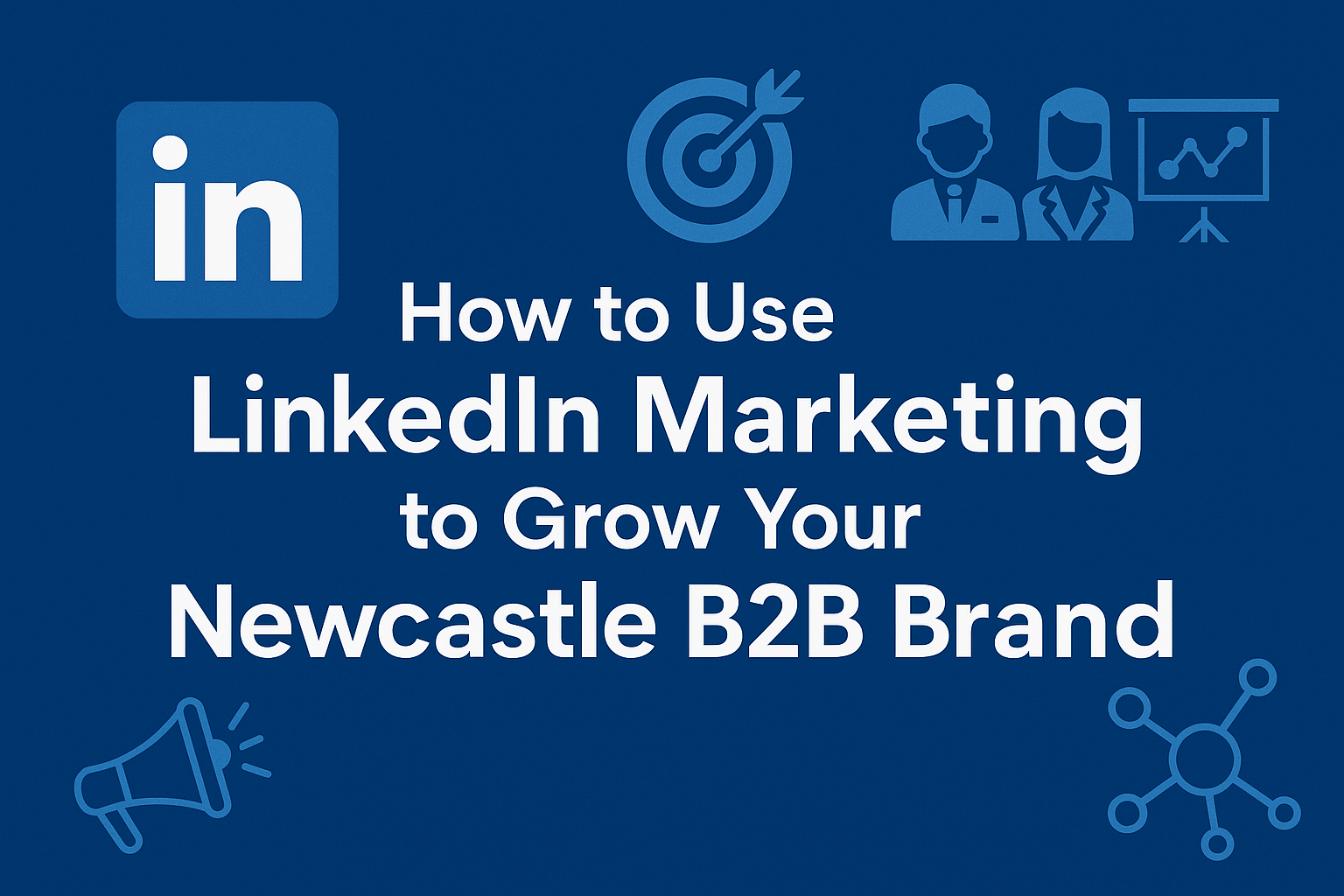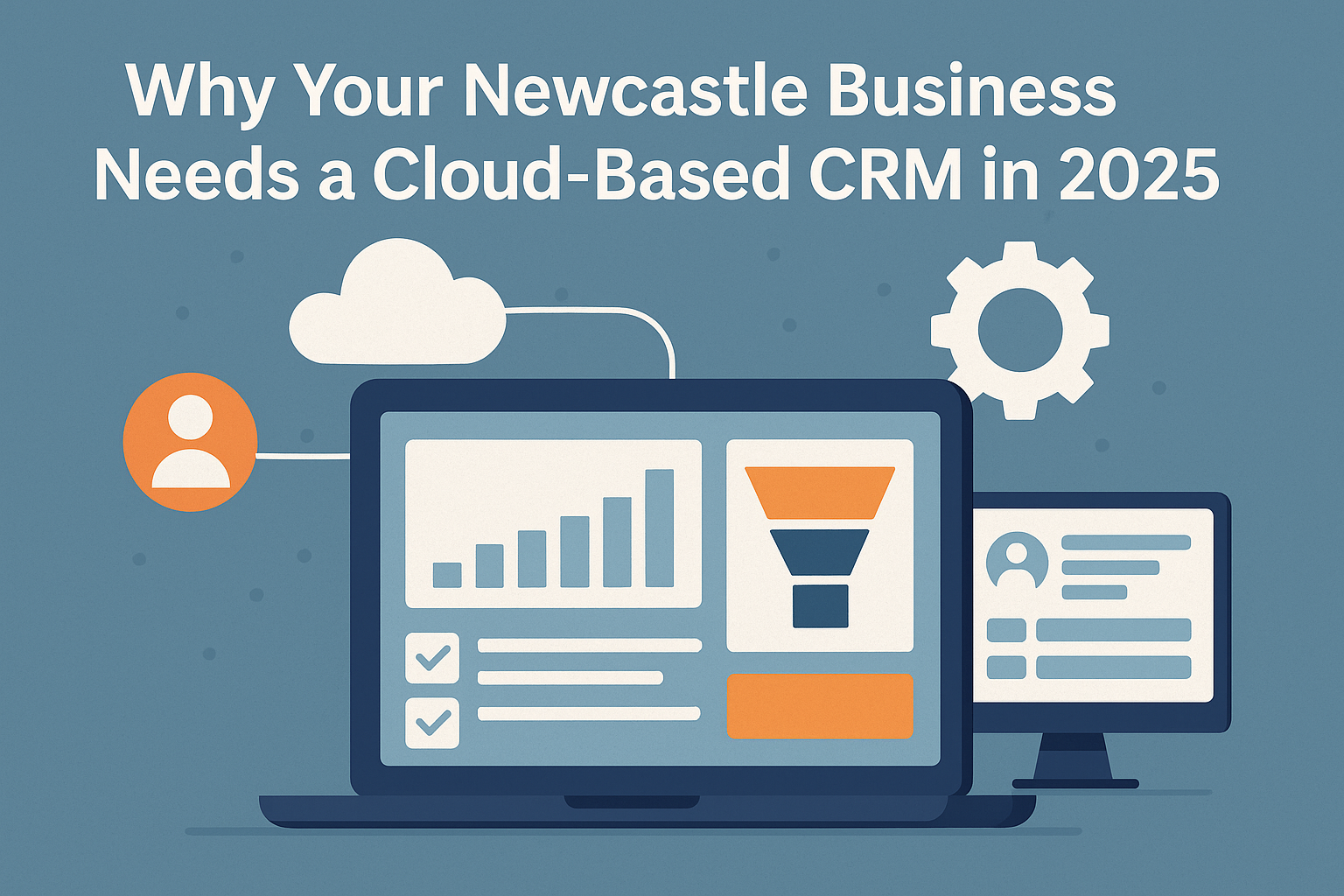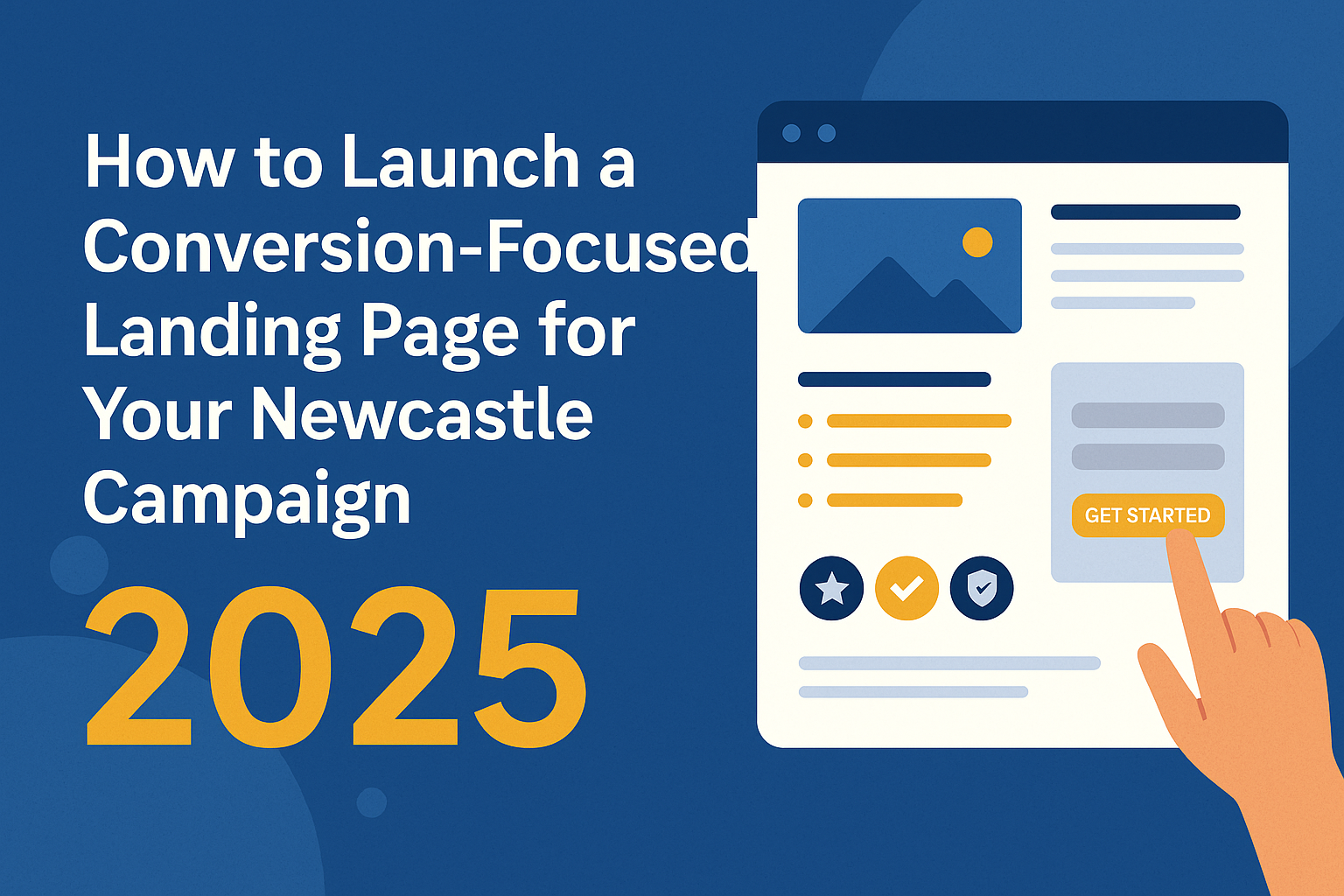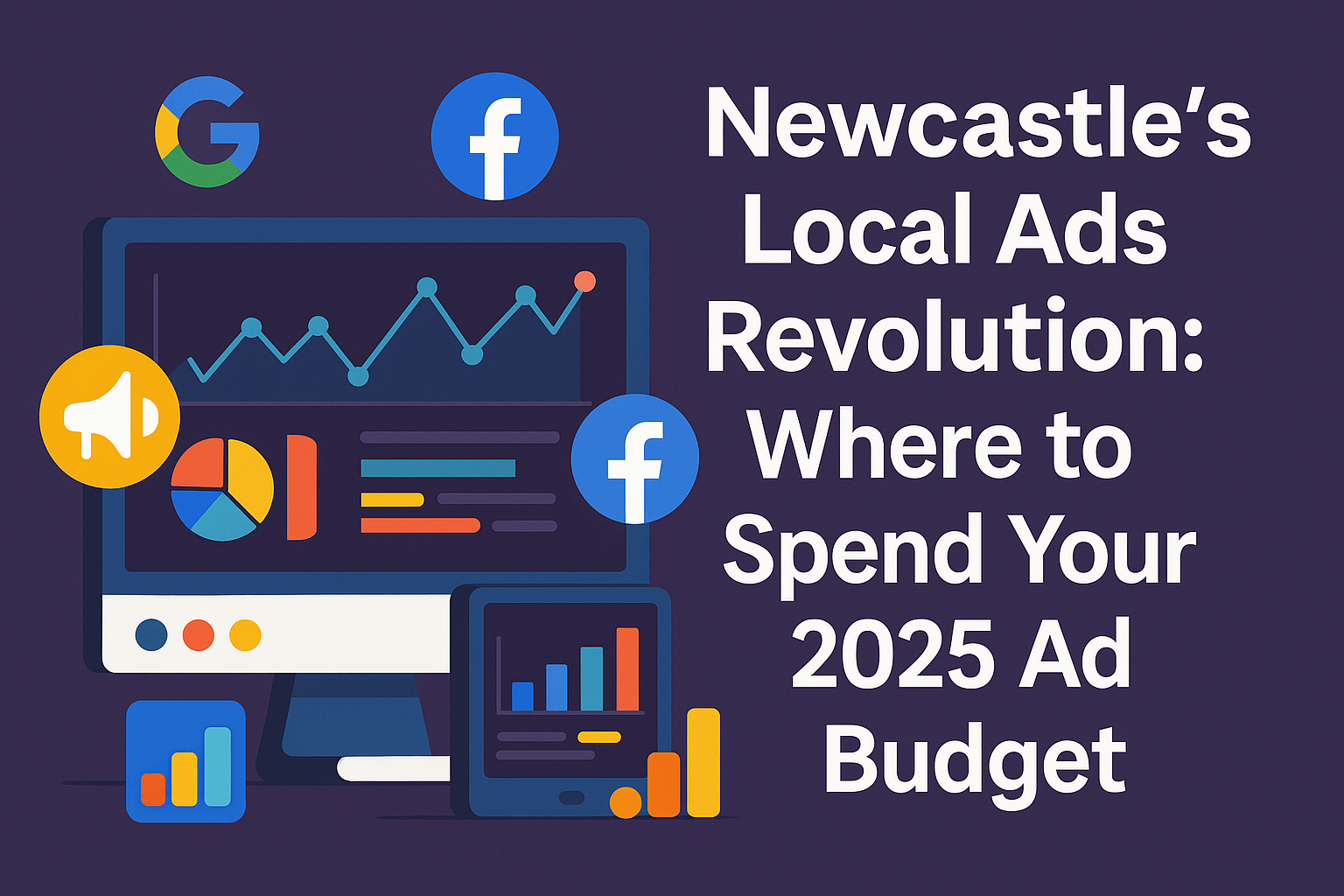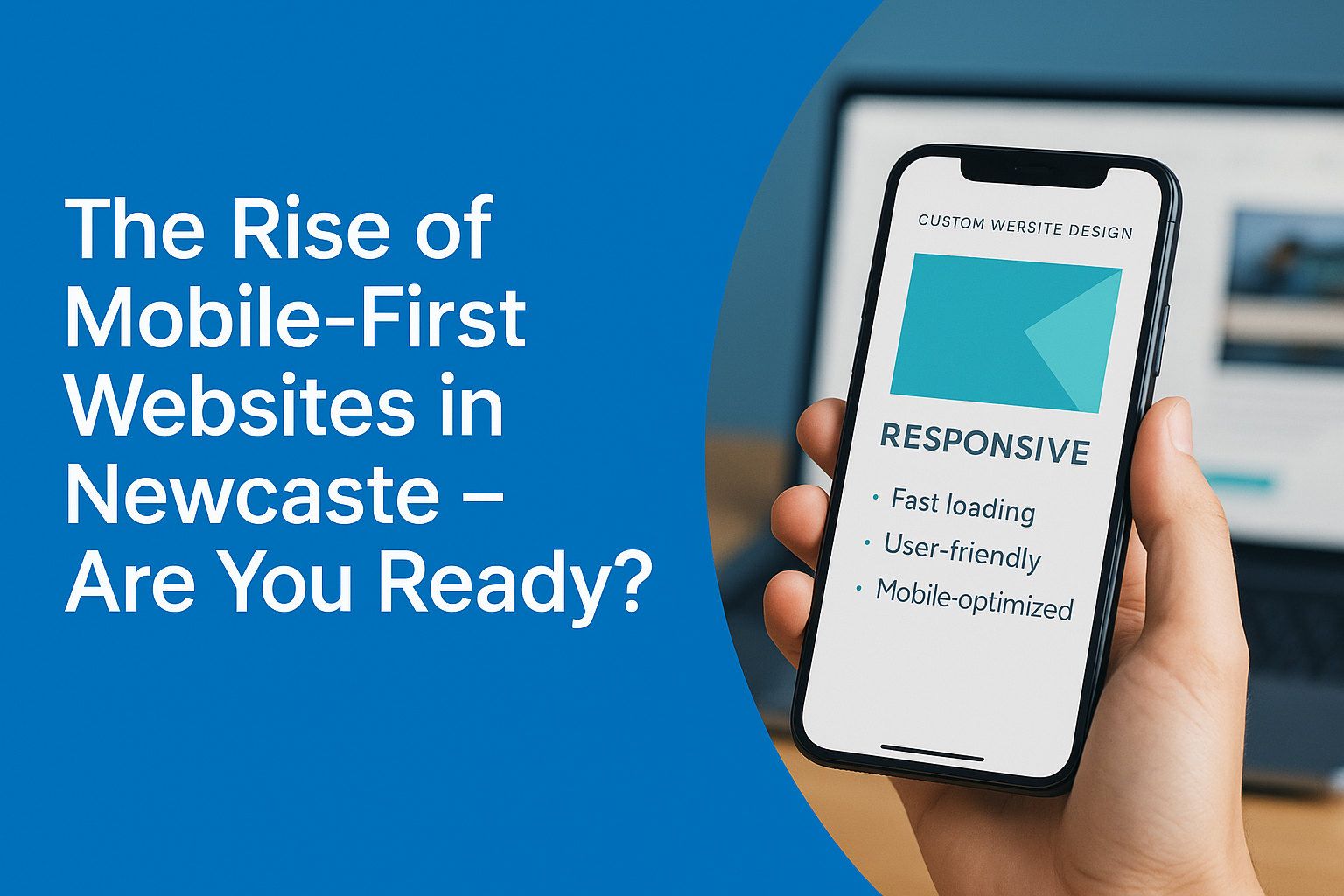- sales@robatodigitals.com
- 124 Westwood Dr, Burnside VIC 3023
The Role of Web Design in Digital Marketing

The Role of Web Design in Digital Marketing
In the ever-evolving landscape of digital marketing, staying ahead of the competition requires a holistic approach that goes beyond just creating great content or implementing effective SEO strategies. One often underestimated but critical element of digital marketing success is web design. Your website is your digital storefront, and it plays a pivotal role in attracting, engaging, and converting potential customers. In this blog post, we'll explore the significant role of web design in digital marketing and how it can impact your online presence and business success.
First Impressions Matter
As the saying goes, "You never get a second chance to make a first impression." Your website is often the first point of contact between your business and potential customers. A well-designed website immediately communicates professionalism and trustworthiness. On the other hand, a poorly designed website can drive visitors away, potentially causing you to lose valuable leads and sales. Web design elements such as layout, color scheme, typography, and visual elements all contribute to the first impression your website makes.
User Experience (UX) and Conversion Rates
Web design has a direct impact on user experience (UX), which is a critical factor in digital marketing success. A well-designed website ensures that users can easily navigate and find the information they're looking for. A seamless user experience can significantly reduce bounce rates and increase the time visitors spend on your site. Additionally, it can lead to higher conversion rates, whether that means signing up for a newsletter, making a purchase, or filling out a contact form.
Mobile Responsiveness
With the increasing use of smartphones and tablets, it's essential that your website is responsive to different screen sizes and devices. Google and other search engines prioritize mobile-friendly websites in their rankings. A mobile-responsive design not only improves your SEO but also ensures that your website caters to a broader audience, potentially increasing traffic and conversions.
Brand Consistency
Consistency is key in building and maintaining a strong brand presence online. Your website's design should reflect your brand's identity, including its colors, fonts, and overall aesthetic. A cohesive design not only reinforces your brand but also fosters trust and recognition among your audience.
Loading Speed
In the digital age, where attention spans are shrinking, a slow-loading website can be a deal-breaker. Visitors expect websites to load quickly, and search engines reward faster sites with higher rankings. Web design plays a crucial role in optimizing page loading times, ensuring that users have a smooth and efficient experience.
SEO-Friendly Design
Search engine optimization (SEO) is a fundamental aspect of digital marketing, and web design can either support or hinder your SEO efforts. Properly structured HTML, well-organized content, and optimized images are all part of web design best practices that can boost your search engine rankings. Additionally, a clean and organized website structure makes it easier for search engine crawlers to index your site's pages.
Content Presentation
Content is king in the digital marketing realm, but how that content is presented matters just as much. Effective web design can make your content more engaging and accessible. This includes using clear headings, bullet points, and visual elements to break up text and make it easier for readers to digest.
In the world of digital marketing, web design is more than just aesthetics—it's a strategic tool that can significantly impact your online success. A well-designed website not only attracts visitors but also keeps them engaged, encourages conversions, and supports your overall marketing efforts. To thrive in today's competitive digital landscape, consider web design an integral part of your digital marketing strategy. It's an investment that pays off in the form of increased traffic, higher conversions, and a stronger online presence.


